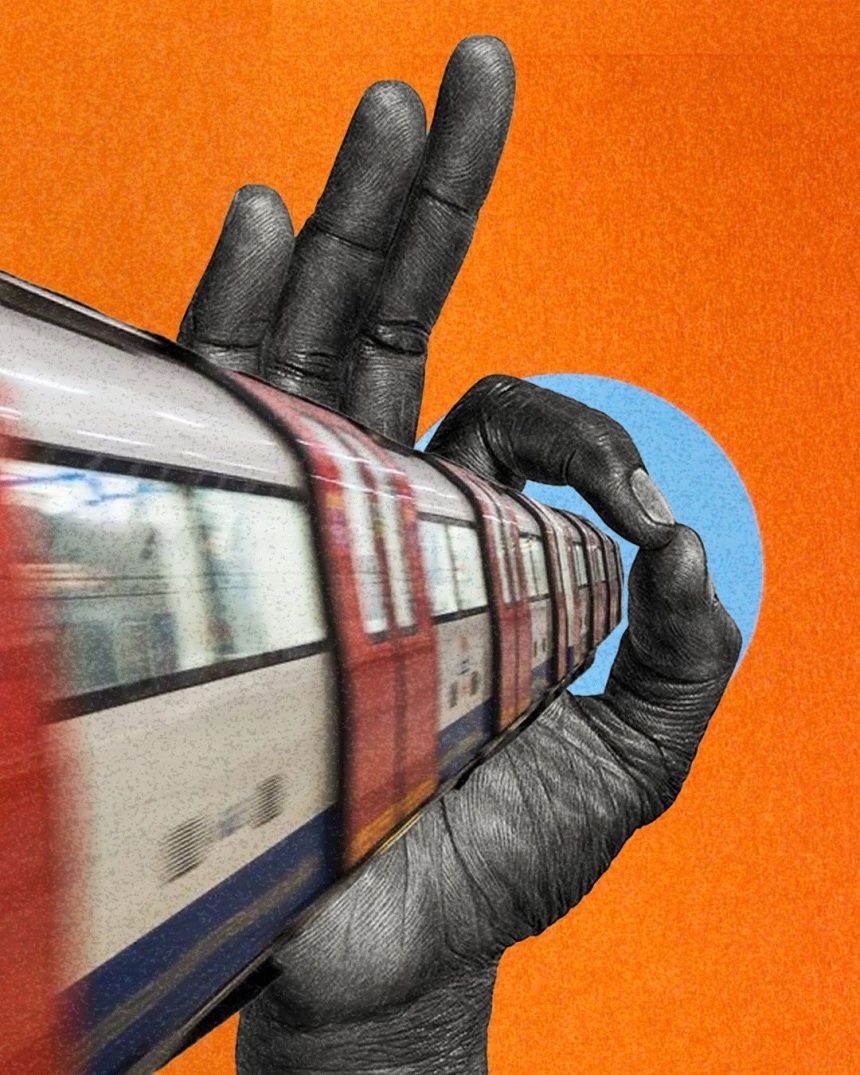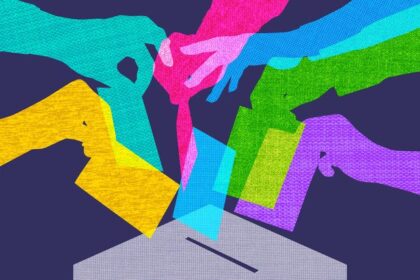While the world went crazy over “Pawri horai ha,” I continuously found myself thinking how those unplanned, unintentional 15 seconds changed the life of 19-year-old Dananeer Mobeen, who clicked with millions of people and gave them a source of joy through a short reel. For those unfamiliar with the meme in question (hello, have you been living under a rock?), Dananeer made a short video imitating the “burger Bache,” which is Pakistani slang for those who try to make a Western impression.
Now, on the surface level, it all seems like fun and games, but when we dig deeper, we tend to encounter various issues with this phenomenon.
Ordinary people like you and me becoming internet sensations overnight may sound like a dream at first, but one cannot help but ponder what the 360-degree flip in life must feel like, especially when fame is earned within a matter of days.
Ever since the advent of reels, TikToks, and everything related, fame has become a game of luck and chance where every other day we see a new and distinct trend surfacing on the internet. Be it influencers who got famous for their not-so-humorous jokes, or old songs trending on TikTok, getting their long-due appreciation, this digital world has transformed the media industry and its enthusiasts.
While we cannot deny the fact that we have seen some real good talent rising due to this viral fame culture, what can’t be overlooked is the fact that it may be unfair for a few. Those who actually aspire to become actors and actresses are struggling with continuous auditions, without getting so much as a chance to prove themselves. Some of these aspiring actors/actresses are even studying the relevant fields; however, we rarely see anyone in showbiz who has studied the relevant discipline.
One intriguing aspect of this issue is that the person in the spotlight often becomes a walking, talking meme. While many may interpret this as intended humor, it’s important to recognize the fine line between humor and humiliation. Our society tends to play with this line as if it were a jump rope, which can significantly impact the mental health of many individuals. Although it may seem like a trivial concept, a public persona does not automatically make them public property, allowing people to say anything and everything about them.
Talking about drawbacks, even though we have now entered 2025, the cancel culture prevails; one moment you are loved by the entire nation, and the next you post a picture that doesn’t meet the expectations of people, and boom! You are cancelled. You are now viral again, but for all the wrong reasons. Now, I do understand that with becoming a public icon comes a great deal of responsibility, and accountability must not be misconstrued. However, being overly critical of every move an individual makes can stifle their freedom of expression.
At this point, all of us are aware that privacy is a sacrifice that fame requires, but imagine going viral over something, and the next thing you know is that the entire web has discovered all your personal (and cringe) moments. The internet, I am telling you, is an unabating detective with a magnifying glass for your old content. That cringey post from 2019? Resurrected. A weird TikTok you made back in the era when it was not even called a TikTok? Viral again, but this time as evidence. One viral video can trigger a full-blown investigation into your life with people who, let’s just say, never got back to work after the pandemic.

We must, however, admit that getting fame due to going viral is not all a digital chaos and existential crisis. For many it may seem like the universe decided to sprinkle some stardust on their content. All of a sudden, you become the main character, the internet’s darling, and if you play your cards right, the spotlight can open doors for you that you did not even know existed.
No amount of perks is enough if it does not entail financial ones, and once you get viral for good, or for bad, the media does not care. Next we will be seeing you in our television commercial, and if you hit the jackpot, we may even see you as our next sobbing actress in a drama serial, and cha-ching! Now you are earning revenue because of that one impulsive post you decided to put out in public.

Ultimately, going viral is a game of luck and chance where one minute everything is in your favor, and the next thing you know, you are about to flip the ludo board. It is exhilarating but unpredictable. Whether it brings fleeting joy, long-term success, or a path of egg shells, one thing is for certain: in the age of digital media (keeping in mind that you have a public platform), any of us can become the next big thing. The question is not if you will go viral; it’s how you handle it once you do.












